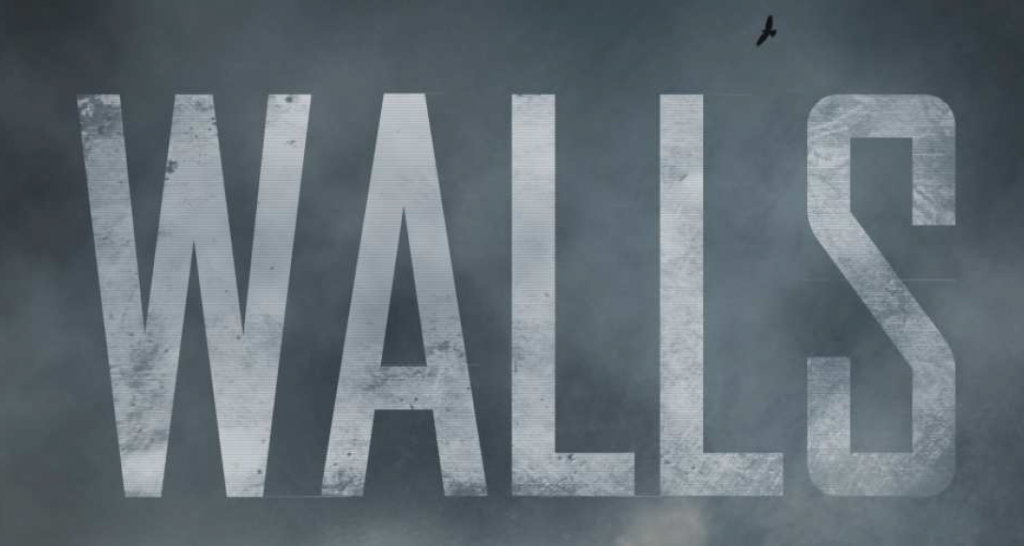
Nearly 30 years have passed since the Berlin wall was pulled down, a city was reunited, and a continent looked to a more hopeful future. Yet around the world walls and fences continue to divide people. “Walls”, a film by Pablo Iraburu and Migueltxo Molina, follows the real-life stories of the people living on both sides of such barriers.
Nearly 30 years have passed since the Berlin wall was pulled down, a city was reunited, and a continent looked to a more hopeful future. Yet around the world walls and fences continue to divide people. “Walls”, a film by Pablo Iraburu and Migueltxo Molina, follows the real-life stories of the people living on both sides of such barriers.
“Walls” is not an attempt to explore the geopolitical background of the fences and barriers depicted in the film; it simply aims to show the inhumanity and, to a certain degree, the madness of these self-imposed divides. The film is filled with dramatic cinematography and imagery of walls and fences from across the world combined with a close-up and intimate look into the lives and emotions of the ordinary people living either side.
We are first introduced to a young Mexican couple as they set out into the desert in search of a way to cross the border into the US. In their journey across the desert, their experience is exposed through moments of sadness, joy and intimacy. They seem totally alone in this vast desert. A split-screen then reveals some Americans on the other side of the border who distribute water to those wandering along well-trodden trails. After dropping off his final cache of water, one of the men admits, “I don’t support illegal immigration, but they are still humans and I don’t want them to die.” He ponders: “We don’t need walls, we need bridges to help people understand each other.”
Soon, we are watching a South African border guard discussing his daily fence patrols over a family dinner. He has “no problem with people, just when they cause trouble.” This scene plays out alongside footage of three Zimbabweans preparing their dinner over a woodland campfire while discussing their plans to the breach that very same border fence. “Walls don’t work. When you build them, people are curious about what’s on the other side,” one man discloses as he prepares some tomatoes.
Finally, we meet the Civil Guard of Spain, working night and day to avoid breaches along the fence that serves as a physical barrier between Spain and Morocco. On the other side, we learn of a Moroccan single mother, who works tirelessly to transport goods across the border. During a grey and rainy night, one Spanish policeman explains, “We think this fence is crazy, like all fences.” The fence soon faces a mass breach with hundreds of people clambering over the wire and onto European Union territory.
The film creators’ greatest success lies within their portrayal of walls for what they really are; senseless divides that impose and entrench separation among people who, without these obstructions, would be able to freely communicate and form friendships and loving relationships. As the American, Al Enciso says, ”Some believe that immigration is illegal. Some believe it is the right thing to do. I don’t care about those things. We all share the same basic emotions, no matter where you are in this world.” “Walls” shows us that no matter how high or how well defended these barriers are, humanity endures on both sides, waiting for that inevitable day when the wall will come crashing down.
—
“Walls” had its Balkan premiere during the 3rd annual War Art Reporting and Memory (WARM) Festival. The WARM Festival took place in Sarajevo from Sunday 26 June to Saturday 2 July 2016. Organized by the WARM Foundation in collaboration with the Post-Conflict Research Center (PCRC), the Festival brings together artists, reporters, academics and activists around the topic of contemporary conflict.






